One mega-dairy’s mess could permanently alter Oregon’s dairy industry
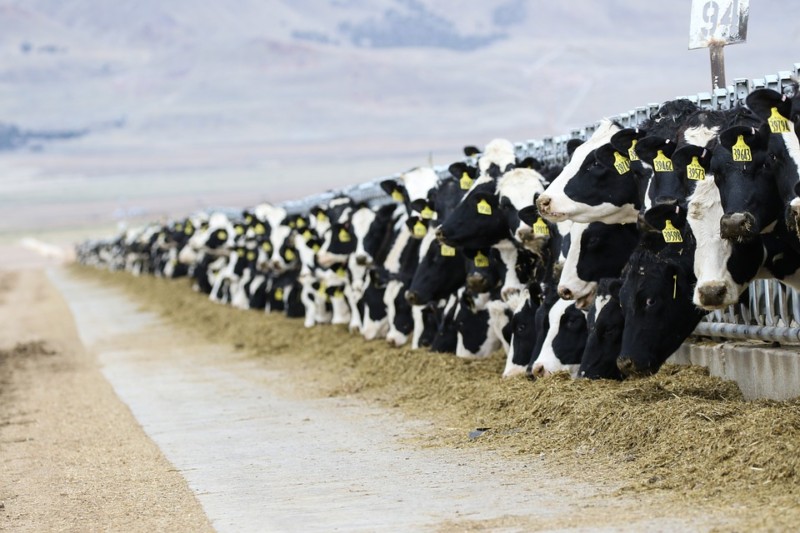
By Dac Collins. Feb. 21, 2019. The 2019 legislative session is now underway in Salem, and the Oregon State Legislature is considering a number of environmentally focused bills, including two measures that would have sweeping effects on the state’s billion dollar dairy industry. Legislative Concepts 2718 and 2706 would tighten regulations on dairies with more than 2,500 cows (or more than 700 if they don’t have access to pasture) and would put a moratorium on these large, commercial dairies statewide.
Both concepts are a direct response to the environmental damage that was wrought by Lost Valley Farms during its short, 18-month stint in Morrow County.
The dairy began operating on what was formerly the Boardman Tree Farm in April of 2017. Permitted for up to 30,000 cows, Lost Valley Farms had a contract supplying the Tillamook cheesemaking facility nearby. And while the mega-dairy was producing more than enough milk to build a bridge made of extra sharp cheddar over the Columbia, it was also making a colossal mess — the kind that only tens of thousands of mooing, crapping cattle can create.
Inspectors from the Oregon Department of Agriculture found that the operation was unable to manage the waste it was generating, and was contaminating nearby groundwater on a regular basis. (Picture open lagoons overflowing with liquid manure and wastewater.)
According to Wym Matthews, who manages the Oregon Department of Agriculture’s CAFO (Concentrated Animal Feeding Operation) program, Lost Valley Farms racked up nearly $198,000 in Civil Penalties related to non-compliance between October, 2017 and August the following year. “This is the largest amount ODA has ever issued to any CAFO in any one year,” Matthews explains.
The ODA eventually took the dairy to court in February of 2018, in what Matthews calls a “rare” move to seek injunctive relief. The state reached a settlement with Lost Valley Farms after its owner, Greg te Velde, agreed to remove over 20 million gallons of manure from the property by June 1. But te Velde failed to hold up his end of the bargain and filed bankruptcy instead.
This led to the resignation of dairy manager Travis Love, and it prompted Tillamook Creamery to cancel its contract with the dairy, leaving te Velde without a buyer for his milk or a manager for his cows.
So, last October, the dairy announced plans to shut down its operation, and it was put up for auction earlier this year.
A prospective buyer, Canyon Farm LLC, has already offered $66.9 million, but the CAFO permit is not included in the purchase agreement. Both the ODA and the state Department of Environmental Quality have objected to the sale, and the ODA says that it will not issue a CAFO permit to the buyer until clean-up operations are complete.
Randy Sugarman, the farm’s trustee, is now responsible for the clean-up, which includes decommissioning equipment, removing solid and liquid waste, and relocating the animals.
A number of agricultural, environmental, and human health groups, including the Center for Food Safety, Friends of the Columbia Gorge, Columbia Riverkeeper and Friends of Family Farmers, are now calling on the ODA to hold back the CAFO permit. Ivan Maluski, Policy Director for Friends of Family Farms, says they also support the idea of tightening regulations on larger, commercial dairies statewide and putting a moratorium on these operations.
“This whole debacle has revealed serious failures in Oregon’s CAFO program as it relates to these industrial-sized operations,” Maluski told OPB back in December.
Opponents to the proposed legislation contend that it’s the management, and not the size, of the dairy that dictates whether or not the operation can comply with environmental regulations. They point to Threemile Canyon Farms, which is also located near Boardman, as one example.
With a herd of approximately 70,000 cows, Threemile Canyon Farms is far and away the biggest dairy in Oregon. It is also home to the largest methane digester in the western United States, and over the years its managers have developed a synergistic, closed loop system of farming. Because of these practices, many view the operation as a model for sustainable agriculture.
But, innovations aside, supporters of Concepts 2718 and 2706 argue that the only way to truly protect Oregon’s air and water is to force these larger dairies to comply with the Clean Air Act and other environmental regulations — which is not currently the case under Oregon’s “right-to-farm” laws.
These legislative concepts would do that and more, effectively making Oregon’s dairy regulations the strictest in the nation.
Other environmental legislation to follow during Oregon’s 2019 session:
Cap and Trade: Oregon is poised to become the second state in the country to put a price on carbon emissions. With strong support from Governor Kate Brown and a democratic majority in the legislature, it seems likely that HB 2020 will pass. The 98-page Clean Energy Bill that was released to the public on Jan. 31 is fairly complex. It offers a number of exemptions for energy utilities and other companies, including semiconductor manufacturers and steel mills.
In a nutshell, the law would set a cap on greenhouse gas emissions starting in 2021. The state would then sell “allowances” to polluters — specifically those emitting more than 25,000 tons of greenhouse gas emissions per year — and recipients could then trade these allowances amongst one another. The revenue generated by these sales would fund clean energy initiatives and other strategies for adapting to climate change.
The legislation would also set a goal to reduce carbon missions to 45 percent below 1990 levels by 2035.
Oil Spill Prevention: A number of public safety and environmental advocacy groups such as Friends of the Columbia Gorge are supporting HB 2209, which would help protect rail-line communities from crude oil train derailments and oil spills.
On Feb. 7, The House Committee on Veterans and Emergency Preparedness held a hearing on the bill. Friends Conservation Director Michael Lang testified in support of HB 2209 and offered amendments to strengthen the bill.
Lang pointed to the Mosier train derailment of 2016 as proof that increased protections are needed. He brought up the fact that Oregon is way behind Washington State in terms of oil-by-rail regulations and emergency response, and that “Friends of the Columbia Gorge does not want Oregon to be the weak spot on the West Coast for oil trains.”
“Please support amendments to HB 2209,” Lang continued, “and help protect our communities, waterways and the Columbia River Gorge National Scenic Area from another oil train derailment and spill.”


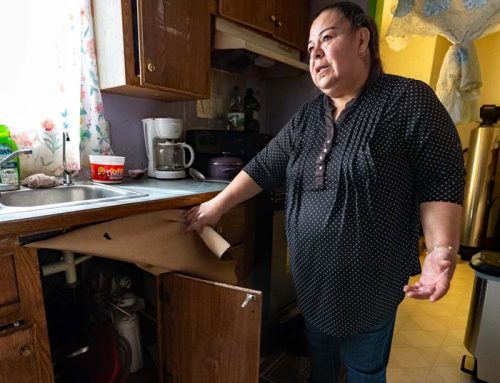
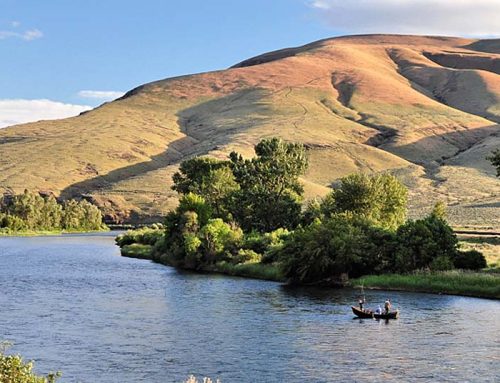
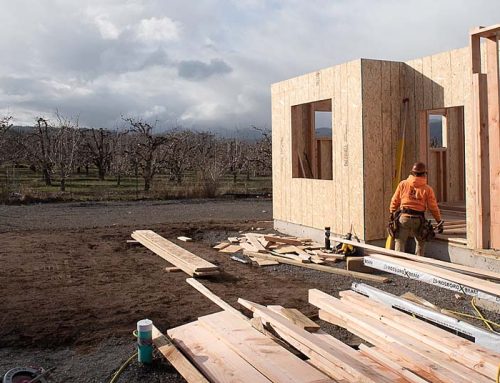
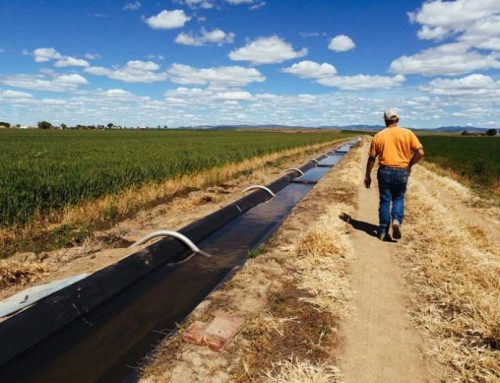

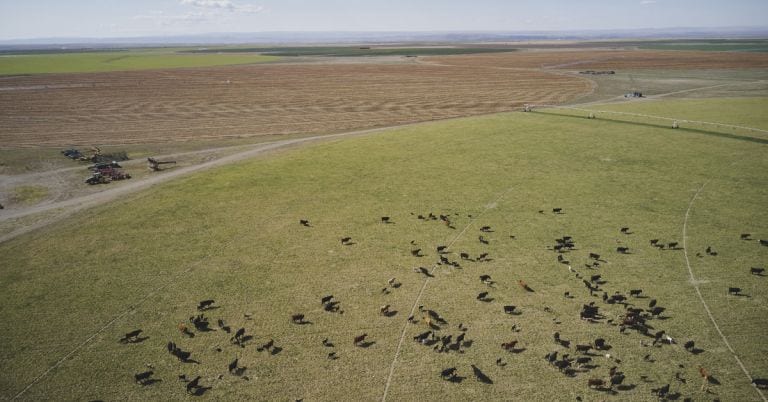
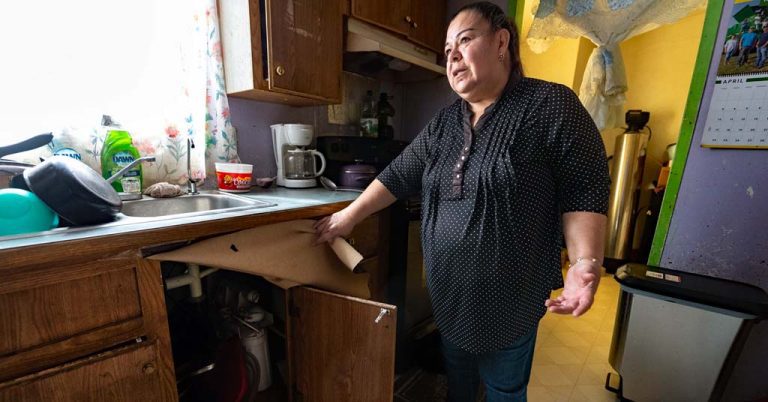
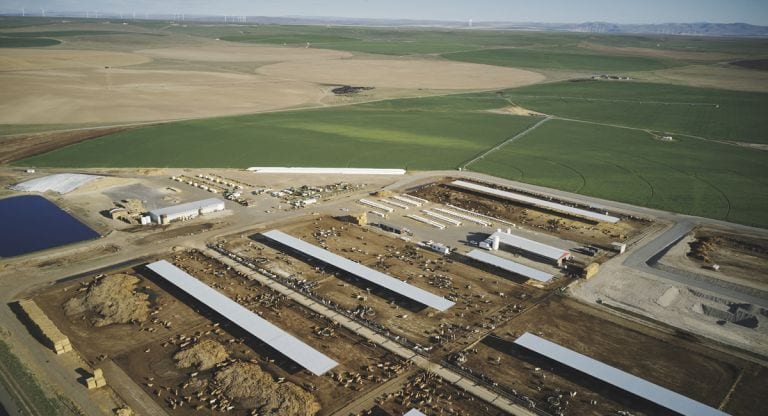


There were only up to 13,000 cows at LVF at any time. Your article failed to mention that Greg TeVelde was in serious criminal trouble and that this whole mess could have been avoided had the government installed the same restraints as those that were put in place following the Cow Palace agreements. A really poor piece of reporting that is a hatchet job on a strong business and a main employers in rural America
Mr. Brown, thanks for bringing up the exact number of cows at LVF. We stand by our reporting, but we will look into that detail and will change the article accordingly if need be. Greg TeVelde’s criminal record, however, is irrelevant in this context, as his crimes had nothing to do with the operation at LVF. Furthermore, if you truly believe that this mess could have been avoided had the government installed the proper restraints, then we would have to agree with you.
And we agree that large dairies should be strong businesses and main employers of rural Americans…but they should also comply with environmental regulations so as not to degrade the natural resources that rural Americans depend on.
Wooden furniture has one thing extremely organic concerning it.
There is this sense of heat, of attribute
and of sophistication that may be be found in wood home furniture.
Hardwood is actually born from the planet. It feeds the fire,
breaks down in to drafts and ashes away. It is quite near to the human life
on earth. May be actually that is why it reverberates a lot
along with our team. When you touch a wealthy mahogany
workdesk, might be that is why you still get that cozy sensation.